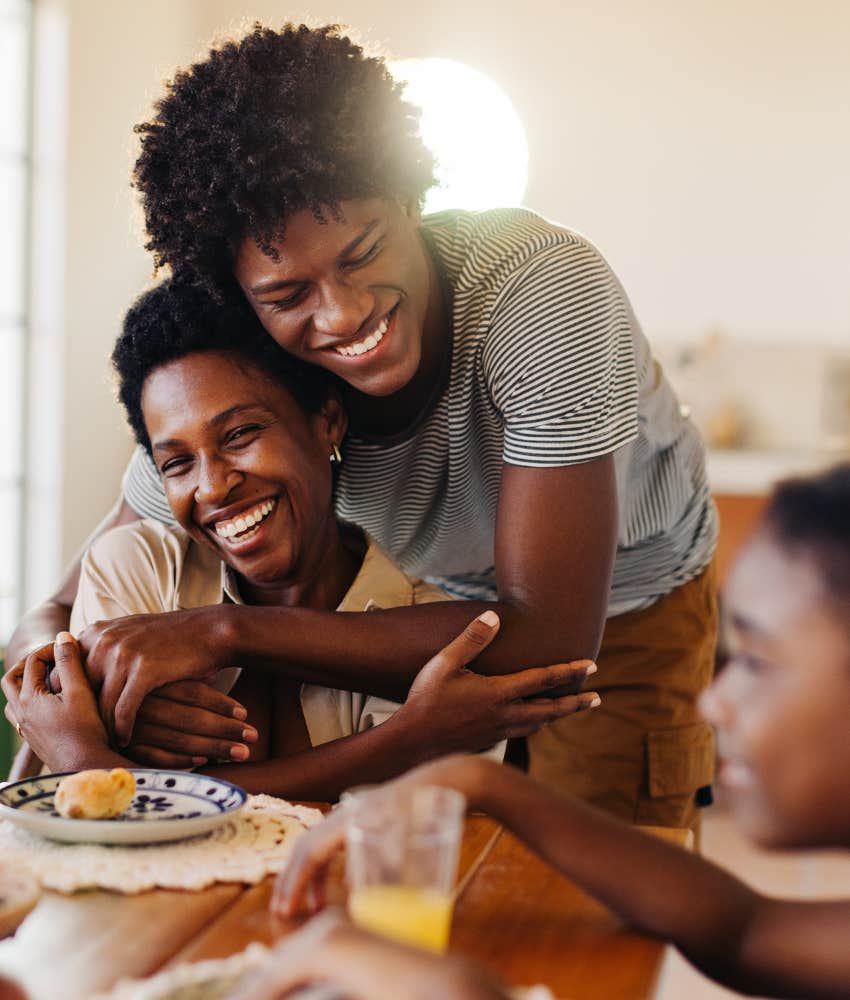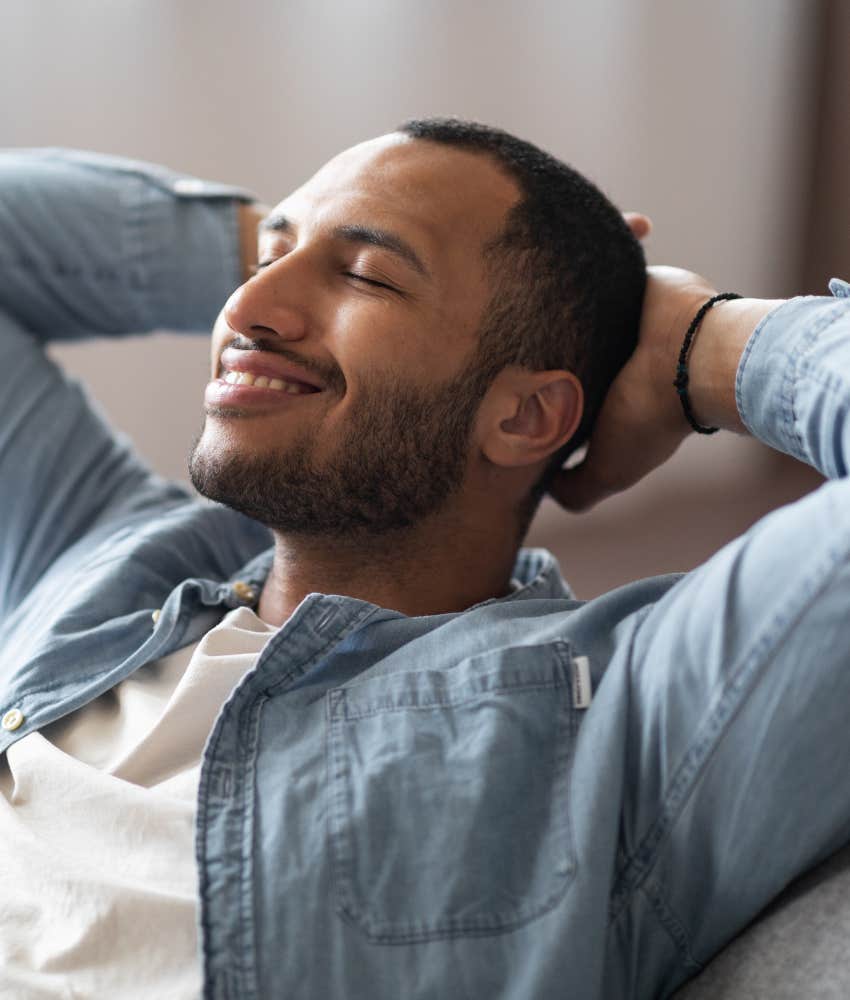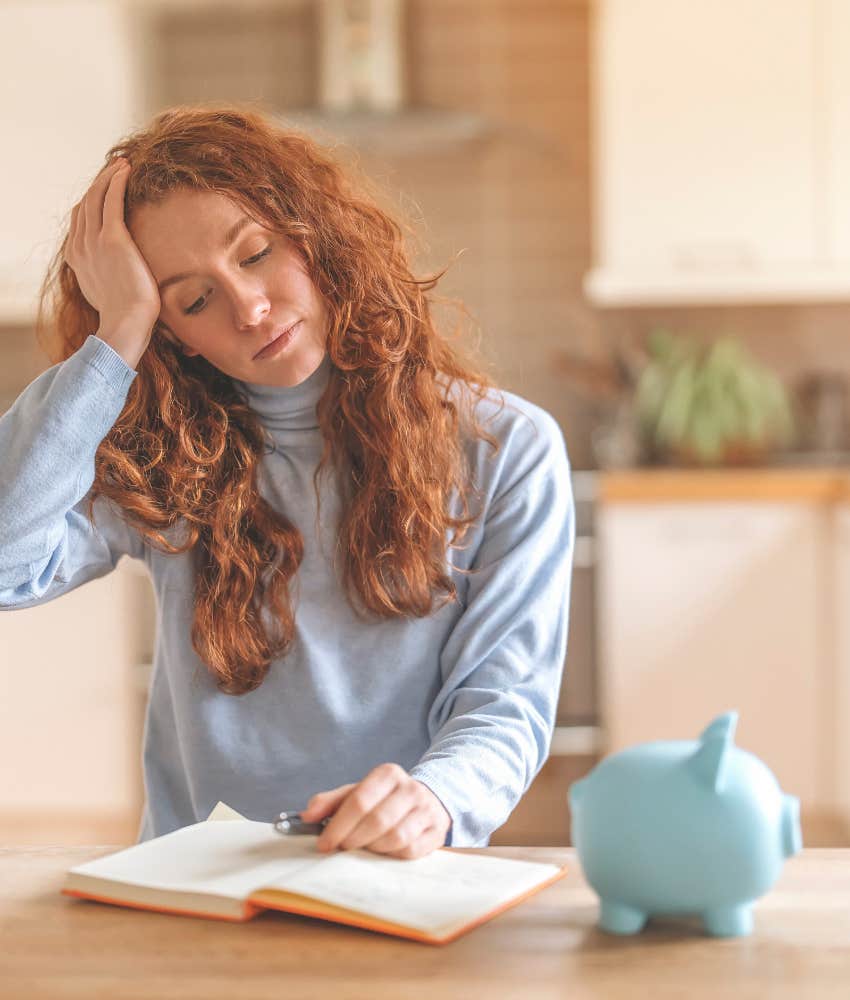People Who Manage Anxiety Naturally Without Meds Swear By These 10 Everyday Habits
No prescription required, these simple habits can help calm your mind and ease anxiety, naturally.
 Isi Parente | Unsplash
Isi Parente | Unsplash The Anxiety and Depression Association showed anxiety disorders are among the most common mental illnesses in the U.S. right now, affecting 40 million adults in the United States — approximately 18 percent of the population. Unfortunately, it’s also affecting younger ages. According to the American Academy of Pediatrics, anxiety disorders in kids and teens went up 20 percent in the years from 2007 to 2012.
Dealing with anxiety is difficult, but there are natural ways to relieve anxiety and improve your mental health without immediately resorting to medication. There are chemical-free things you can do for natural anxiety relief that will help set you up so you don’t experience as much anxiety, which will also help you when you’re in the thick of an anxiety attack.
People who manage anxiety naturally without medication swear by these ten everyday habits:
1. Acceptance
Have you heard of that expression, "What you resist, persists?" Well, it is a true story. The first step to learning how to deal with anxiety is by accepting it and allowing it to be there. Now, you’re on the path to lessening its hold on you.
There are 3 steps to process emotions:
- Name it by saying something like, "Anxiety is present" or "I am feeling anxious."
- Describe it by saying something like, "My chest feels tight, and it’s hard to catch my breath."
- Sit with it. Let it be there. Don’t resist. Feel the tightness in your chest. Keep at it. Let it be there.
Anxiety happens. Don’t make yourself more anxious by being anxious about being anxious.
2. Eat whole foods at regular intervals
 JLco Julia Amaral via Shutterstock
JLco Julia Amaral via Shutterstock
Seriously. Not all of these all-natural steps are easy, but this one is: eat regularly. Our brain uses 20 percent of our body’s energy, as shown by research from BrainFacts. When we aren’t fueling it properly or consistently, we will be less able to manage our minds.
Our anxiety needs to get enough protein. One rough gauge is to take your weight and multiply it by 0.36, and that’s the amount (in grams) of protein per day to shoot for, according to Harvard Health.
3. Breathe deeply from your belly
When we get anxious, our breathing becomes shallow and fast. Deep belly breathing calms down our racing mind and, in turn, naturally calms down our nervous system.
Try this:
- Breathe in deeply, filling your lungs so your belly expands (some people find it helpful to put their hands on their belly so they can feel this).
- Breathe out completely so that your belly contracts.
- Done. Repeat slowly and deliberately for 3-5 breaths.
4. Drink less caffeine
Yep, I said it. And, yes, I still drink coffee. Life is all about balance. The Mayo Clinic explained the amount of caffeine that is too much, and (most days) I stay below that. When I don’t, I feel more anxious. Our actions have consequences.
5. Drink less alcohol
 Prostock-studio via Shutterstock
Prostock-studio via Shutterstock
Yes, at the moment, a glass of wine might "mellow" you out. Yet, the big picture is that alcohol changes levels of serotonin and other neurotransmitters in the brain, as evidenced in a 2014 study, which can worsen anxiety.
Many people report feeling more anxious after the alcohol wears off. Want more reasons? Alcohol-induced anxiety can last for an entire day after drinking, as suggested by a study in Psychology of Addictive Behaviors.
So this means that if you have a nightly glass of wine and you already deal with anxiety, it may affect you throughout the following day.
Wine is worse for my anxiety and my gut. I don’t drink it. If I’m going to have a drink, I stick to one beer, once or twice a week. If I drink more, I feel it.
6. Move your body daily
This is a non-negotiable in my care for mental health. Exercising is not just for weight loss. What does exercise help with? Confidence. Mobility. Pain relief. And, yes, anxiety relief.
The Journal of Clinical Psychiatry showed how exercise lessens anxiety and ruminating. If you only do one of these things on this list, this would be the one that's highly recommended.
Start with as little as 3 minutes, but do it. Commit to yourself, your kids, and your world and move your frigging body for 3 minutes. Do not allow time for excuses. This is free.
Go up and down your stairs. Walk around your house. Go outside and walk around. Just go do it. Just 3 minutes a day.
7. Get enough sleep
Similar to exercise, sleep is crucial to the care of our mental health. There are numerous benefits to sleep, and there are a multitude of reasons why I now prioritize 8 hours a night. A study from Sleep Medicine Reviews suggested the proper amount of sleep is at least 6 hours, but can vary for individuals
When we are well-rested, we are better able to keep our advanced cognitive brain online rather than be led by our primitive survival brain. You will feel less anxious if you get adequate sleep, that is, over 7.5 hours.
8. Use the Applied Tension Technique
I love this tip because even though it sounds fancy, it’s amazingly simple and works immediately. In a nutshell, squeeze everything, hold, and release.
For a more complicated description:
- Tense the body muscles for 10-15 seconds until your body starts to feel warm.
- Let your muscles relax for 20-30 seconds.
- Repeat this process 3-5 times.
Try it the next time you’re worrying, stressed, or feeling anxious.
9. Meditate
I started meditating 4 years ago on my birthday because I wanted to become a less reactive parent and person. The added benefit was how much it helped my anxiety. I started by committing to myself that I’d do 3 minutes a day, and I’ve been going ever since.
Social Cognitive and Affective Neuroscience research explored how meditation changes our brain’s structure in ways that help us every day.
10. Write
 Irene Miller via Shutterstock
Irene Miller via Shutterstock
Brain dumps, thought downloads, write and rip, journaling — whatever you call it, start writing. We have between 60-80,000 thoughts a day, and if we’re not paying attention to these thoughts, they’re running the show.
What we think about drives how we feel and how we act. Paying attention to the thoughts we’re thinking is a powerful proactive step to stop anxiety before it starts.
Bonus: Try essential oils
I saved these for last because all the other strategies don’t require anything you don’t have. Essential oils cost money, but are way cheaper than a prescription or hospital visit.
I got into essential oils after all my visits to Australia, when everywhere I looked, people were using oils before meds — for headaches, tummy aches, runny noses, and anxiety.
They're even being used as part of hospital treatment regimens, as shown by 2019 research. Essential oils don’t help you process your feelings or work through past traumas, but they sure do help, at the moment, to calm down the nervous system, similar to a Xanax without the side effect of dementia!
And on that note, I finish my list of natural anxiety relief methods.
It’s not that anxiety attacks won’t happen. It’s not a goal to go through life anxiety or worry-free. Most of our fears are signs that we’re pushing ourselves, that we’re living up to our potential here on earth.
That said, there’s a reason why people pop a pill: it’s easier. Choosing to limit your alcohol, sit with your thoughts, or get to bed earlier isn’t always easy, but keep at it, warrior!
You’re not here for the easy. You’re here to live a full life. Anxiety, worry, fear, and angst happen. How you handle it sets you up for a life that feels calm or full of drama. You are not alone on your journey.
Susie Pettit is a mindfulness-based cognitive coach and podcast host. She coaches women to live a life that feels as good on the inside as it looks on the outside.

